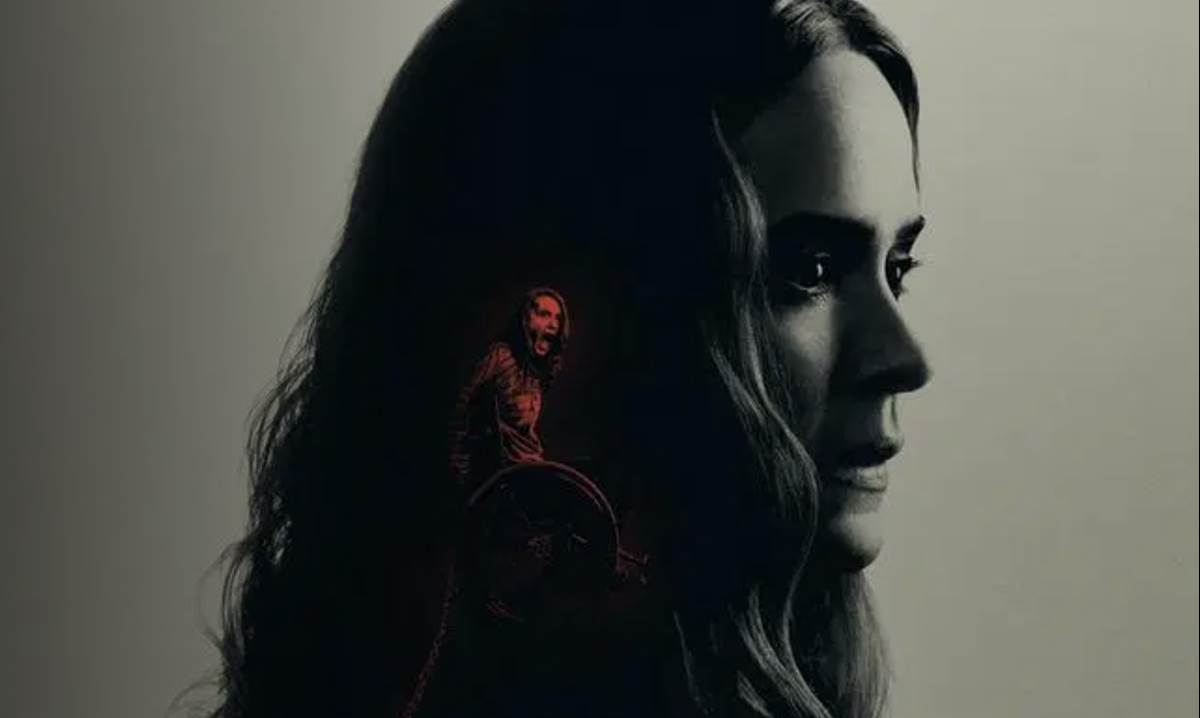Premiering November 20 on Hulu, Run – starring Sarah Paulson and Kiera Allen – will have viewers on the edge of their seats. The direction and performances offer audiences lots to love in a most unsettling way, though if you know the true crime story of Dee Dee and Gypsy Rose Blanchard, Run will leave you comparatively unscathed.
What is Run about?
Directed by Aneesh Chaganty and co-written by Sev Ohanian, Run introduces us to Chloe Sherman, a homeschooled 17-year-old who is wheelchair-bound and is said to suffer a string of illnesses. Although raised in isolation, in the beginning it appears that Chloe has a warm, healthy relationship with her mother Diane. As viewers become acquainted with Chloe’s daily routine, Chloe begins to uncover the web of secrets that surrounds her perpetuated by her mother. This mother-daughter relationship is anything but healthy.
Why is Run worth a watch?
Produced by Sev Ohanian and Natalie Qasabian, Run is a worthwhile watch. Here are some of the reasons why.
Enticing direction (props to Aneesh Chaganty)
Superbly directed, Chaganty takes his time weaving the audience into Chloe’s life, laying bare the challenges of her daily routine as a result of the pharmaceutical invasion her body endures. The early scenes of the film intricately focus on objects: hands, a tissue box, pill bottles. This keeps us up-close-and-uncomfortably-personal with what the story has to offer which befits the film.
Appropriate pace and stellar performances
The opening scene – the resuscitation of a newborn baby – kicks off in high gear a disturbing sequence of events, and the pace only slows down enough to make us antsy about what comes next. The audience is kept appropriately on edge, and Paulson’s and Allen’s performances keep one glued to the screen from beginning to end.
From caring mother to ultimate villain to unwell woman
While Run largely focuses on Chloe’s discovery of, well, just about everything that has happened and continues to happen to her, unravelling Diane’s point of view is just as compelling. “Will she be okay?” is the first line we hear Diane speak as she pours over her sick newborn in the hospital. While we can relate to or imagine her heartache here, our understanding of her mental capacity diverges most dramatically thereafter. When we learn that Diane’s understanding of protection and love border on (or rather, reach) insanity, our emotions swiftly switch gears to “run.” Run far, far away from this terrifying woman. The dialogue at the end of the film, however, reveals that this is no evil plot. Diane needs help. Thanks to Paulson’s performance, we see and believe that Diane truly thinks she is doing what she needs to do. This pulls her out of the villain category and into the severe mental illness category. Although not a new concept, it remains an interesting, devastating character arc.
Kiera Allen
Allen is an engaging and brilliant actress. I was also interested to learn that she is also a wheelchair-using actress, which adds to the film’s authenticity. Notably, according to Chaganty, actors who use wheelchairs have not been cast in thriller films since the 1940s. Run is a significant step towards greater representation of people with disabilities in film when such occurrences have been slim to none.
Sarah Paulson
I recently finished watching Netflix’s Ratched and continue to be wowed by Paulson’s unsettling-but-hypnotizing performances. Run is no exception. Paulson continues to spook and satisfy.
Why is Run reminiscent of the relationship between Dee Dee and Gypsy Rose Blanchard?
Once I got the gist of where Run was headed (I didn’t know anything about this movie going into it), I was immediately reminded of the tragic mother-daughter relationship between Dee Dee and Gypsy Rose Blanchard.
According to Dee Dee, her daughter Gypsy Rose Blanchard suffered from muscular dystrophy, asthma, leukemia and other chronic conditions, as well as brain damage as a result of her premature birth. Despite various doctors finding no evidence of the claimed conditions, many people accepted the Blanchard’s situation as true, and Dee Dee and Gypsy Rose benefited from the efforts of various charities, including Habitat for Humanity and the Make-A-Wish Foundation.
On June 14, 2015, Dee Dee Blanchard was found dead in her bedroom. After a lifetime of fictionalized disorders and incomprehensible mental and emotional torment, then-teenager Gypsy Rose and her boyfriend executed their plan to kill Dee Dee. Allegedly Dee Dee died of multiple stab wounds inflicted by Gypsy Rose’s boyfriend. Court records suggest that Gypsy Rose shut herself away in the bathroom while it happened, covering her ears so as not to hear her mother’s screams. Gypsy Rose’s boyfriend was sentenced to life without parole for the murder, while Gypsy Rose received a 10-year prison sentence.
To my knowledge, Run is not based on Blanchard’s story or any true story for that matter. While the ending of the film does not come close to the Blanchard circumstances, it is hard to separate the two when such a harrowing mother-daughter relationship is not soon forgotten.
Ultimately, Run is a good film; made complete with thoughtful shots and meaningful casting. Need something to watch and okay with feeling pretty uncomfortable with the content? Check out Run.
Run will premiere on Hulu on November 20.

